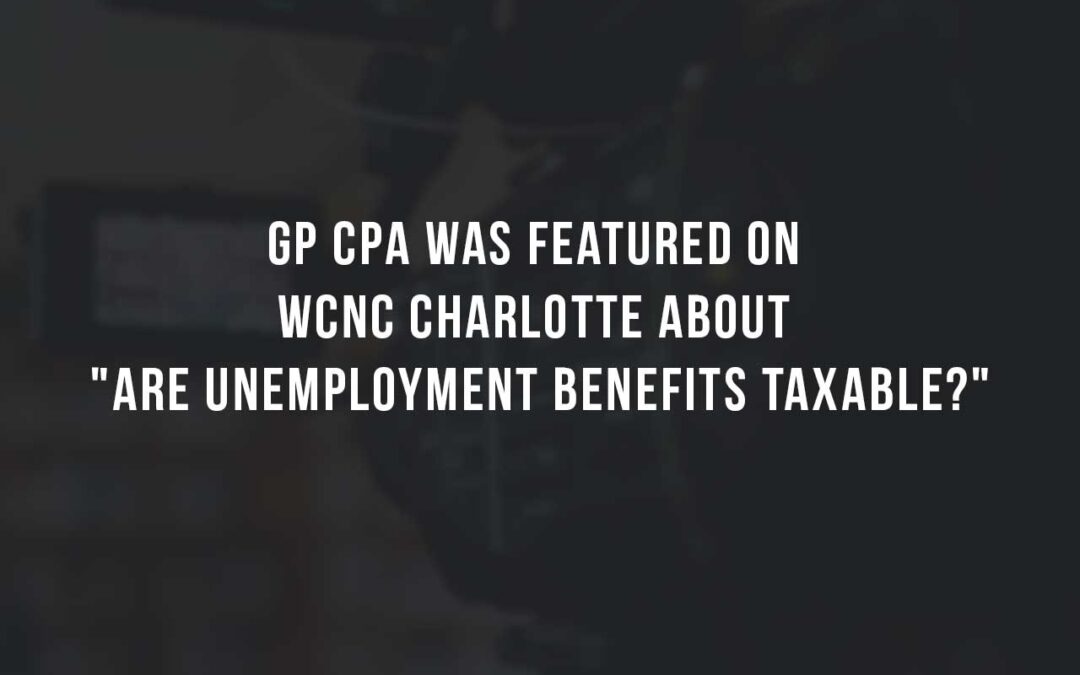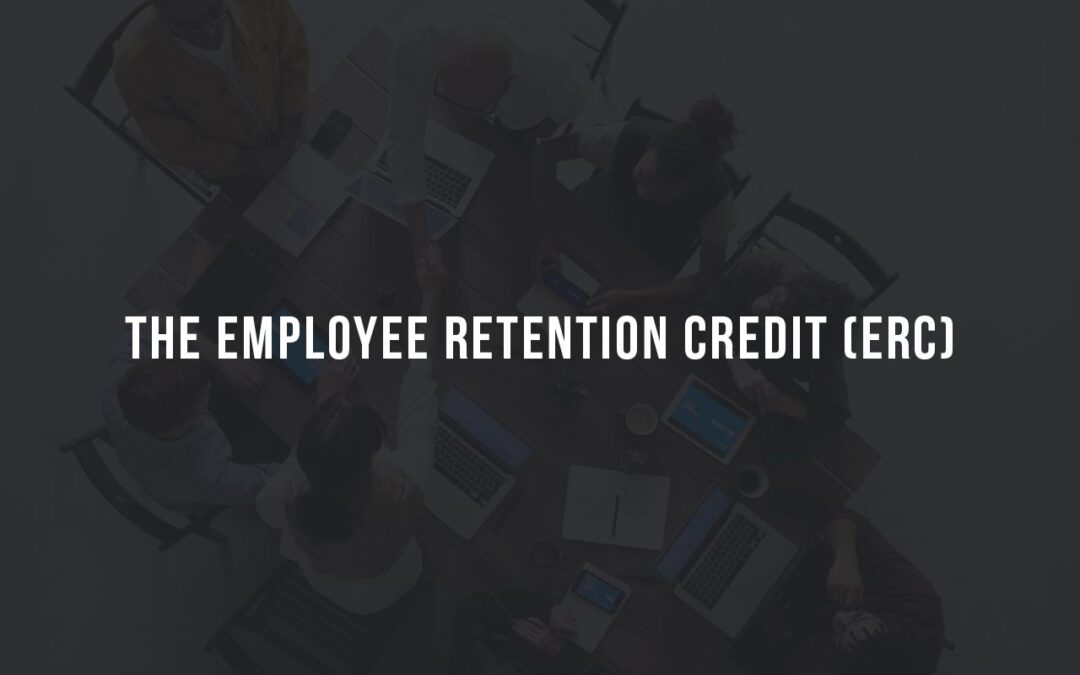CALL US
(980) 237-1714
Email us
justin@pruscpa.com
Friday 09:00 - 15:00
Mon - Thu 09:00-17:00
IRS has begun sending letters to virtual currency owners advising them to pay back taxes, file amended returns; part of agency’s larger efforts
Estimated Reading Time: 3 minutes 35 seconds
IR-2019-132, July 26, 2019
WASHINGTON — The Internal Revenue Service has begun sending letters to taxpayers with virtual currency transactions that potentially failed to report income and pay the resulting tax from virtual currency transactions or did not report their transactions properly.
“Taxpayers should take these letters very seriously by reviewing their tax filings and when appropriate, amend past returns and pay back taxes, interest and penalties” said IRS Commissioner Chuck Rettig. “The IRS is expanding our efforts involving virtual currency, including increased use of data analytics. We are focused on enforcing the law and helping taxpayers fully understand and meet their obligations”.
The IRS started sending the educational letters to taxpayers last week. By the end of August, more than 10,000 taxpayers will receive these letters. The names of these taxpayers were obtained through various ongoing IRS compliance efforts.
For taxpayers receiving an educational letter, there are three variations: Letter 6173, Letter 6174 or Letter 6174-A, all three versions strive to help taxpayers understand their tax and filing obligations and how to correct past errors.
Taxpayers are pointed to appropriate information on IRS.gov, including which forms and schedules to use and where to send them.
Last year the IRS announced a Virtual Currency Compliance campaign to address tax noncompliance related to the use of virtual currency through outreach and examinations of taxpayers. The IRS will remain actively engaged in addressing non-compliance related to virtual currency transactions through a variety of efforts, ranging from taxpayer education to audits to criminal investigations.
Virtual currency is an ongoing focus area for IRS Criminal Investigation.
IRS Notice 2014-21 (PDF) states that virtual currency is property for federal tax purposes and provides guidance on how general federal tax principles apply to virtual currency transactions. Compliance efforts follow these general tax principles. The IRS will continue to consider and solicit taxpayer and practitioner feedback in education efforts and future guidance.
The IRS anticipates issuing additional legal guidance in this area in the near future.
Taxpayers who do not properly report the income tax consequences of virtual currency transactions are, when appropriate, liable for tax, penalties and interest. In some cases, taxpayers could be subject to criminal prosecution.
Link to IRS Website and Press Release HERE
Related Articles

GP CPA was featured on WCNC Charlotte about “Are Unemployment Benefits Taxable?”
We are glad to inform you that Justin Prusiensky, Chief Executive Officer of the GP CPA P.C. was featured on WCNC Charlotte coverage about “Are Unemployment Benefits Taxable”.

The Employee Retention Credit (ERC)
The Employee Retention Credit (“ERC”) has had some upgrades and retrofits to some of the basic calculations with the most recent (12.27.20) CARES Act changes.

Good Riddance, 2020
What is new in 2021? Meals in 2021 are once again 100% deductible, the next round of PPP funding is coming and the Employee Retention Credit (ERC) has been changed.

How to Persuade Clients to Change Banks. Listen to Justin Prusiensky’s Guest Appearance on the Relay Financial Webinar
Our expert accountant Justin Prusiensky was recently interviewed as a guest speaker by Relay Financial to discuss how to persuade clients to change banks.

What Tax Breaks Changed From 2018?
Congress extended some of the tax breaks retroactively to January 1, 2018. They now expire on December 31, 2020. Learn more about tax breaks that have been extended.

Dear Client, I have good news!
Since we now have less than 90 days left in the year, kindly keep me apprised of when you expect the major revenue collections to be during the next few weeks and we can adjust accordingly.
Comments


0 Comments